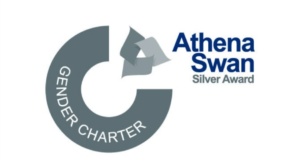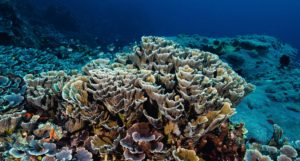‘Marine identity’ can help restore the ocean

Credit Yuma Martellanz / Save The Med Foundation
People’s deep connection with the ocean – their “marine identity” – can help us reset society’s relationship with the seas, new research led by Dr Pamela Buchan, from the University of Exeter, suggests.
A diverse, international group of marine researchers and practitioners met to discuss marine identity – based on testimony and photos from multiple countries.
The group included Dr Diz Glithero of the Canadian Ocean Literacy Coalition, Dr Emma McKinley of Cardiff University who helped deliver the workshop, and others from across Europe, Africa, Indonesia, North America, and Australasia.
They found many common themes, including traditions and customs; and dependency on the ocean for recreation, livelihoods, health and sustenance.
They also found differences, such as negative ways the ocean can form part of identity – particularly for those whose communities and livelihoods are at risk from extreme weather.
The group agreed upon a broad definition of marine identity: “An identity rooted in how the ocean as a place supports the sense of self.” This is the first time that an international, cross-cultural definition of marine identity has been agreed upon.
Dr Pamela Buchan, a marine social science researcher, said: “Challenge 10 of the United Nations Decade of Ocean Science for Sustainable Development (2021-2030) calls for the restoration of society’s relationship with the ocean.
“We know identity drives people more than values – and people react to threats to their sense of self.
“As a result, marine identity could have a powerful impact on protecting and restoring the ocean.
“While many people feel deeply connected to the ocean, they may not think of this in terms of ‘marine identity’.”
By helping to define and raise awareness of the term, the researchers hope to promote “marine citizenship” – people exercising their right to be involved in marine decision-making and taking responsibility for the ocean.
Dr Buchan added: “We can foster this by encouraging easy access to the ocean for everyone, from a young age.
“In the UK, for example, as an island nation, many people have a strong marine identity – but often the sea is seen as something remote, to visit then retreat from.
“We see conservation and management of marine resources as a matter for government policy, and we do not have policies that directly enable local stewardship.
“We hope our research will help strengthen the concept of marine identity, empower people to protect the ocean, and encourage decision-makers to actively consider the relationships that people have with the sea.”
The paper, published in the journal People and Nature, is entitled: “A transdisciplinary co-conceptualisation of marine identity.” The project is endorsed by the UN Decade of Ocean Science for Sustainable Development and the EU Mission Ocean & Waters.



